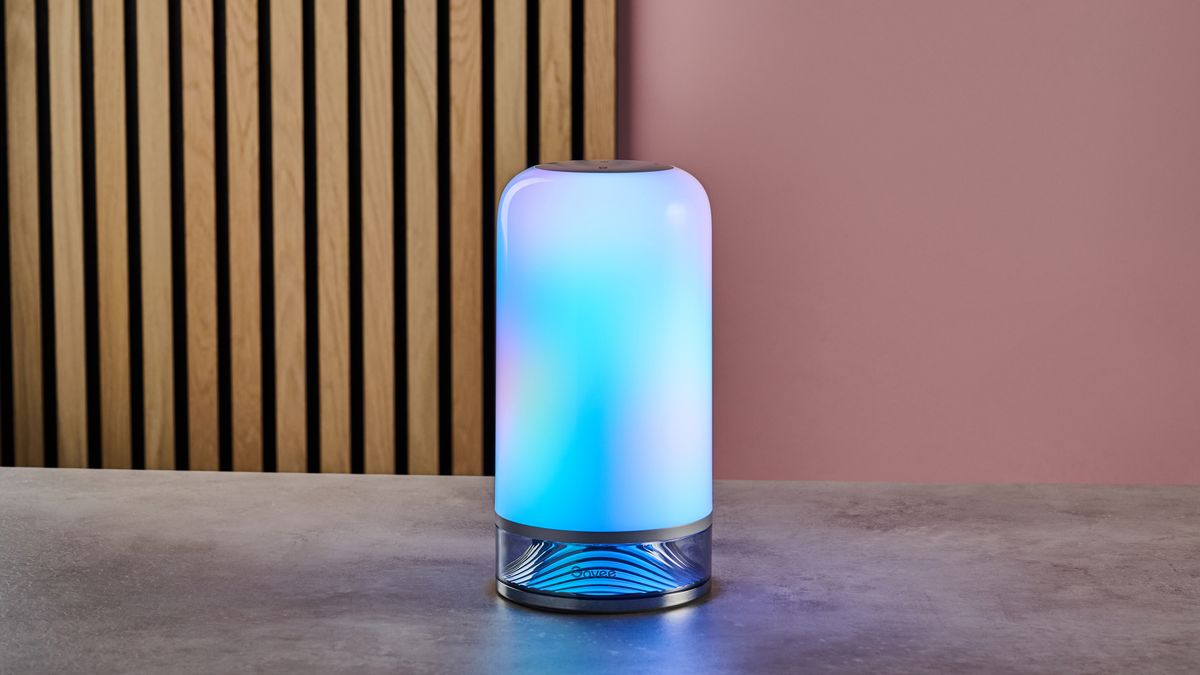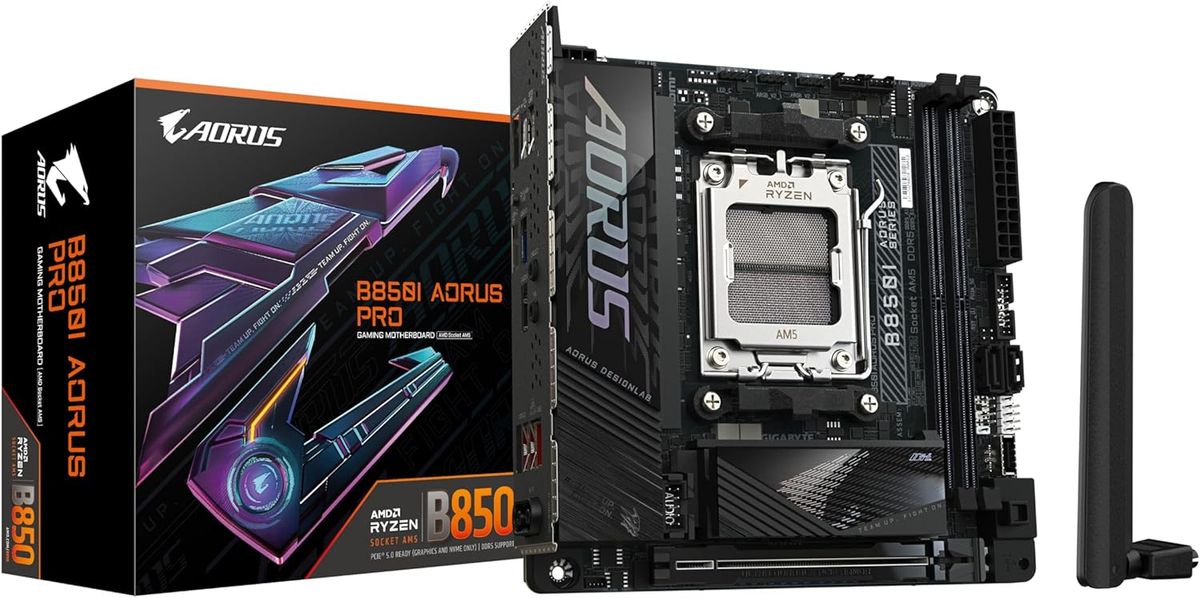The jury unanimously decided whether Qualcomm violated its licensing agreement with Arm by using Nuvia-developed general-purpose cores in its Snapdragon X. Arm can demand a retrial, which is precisely what the company plans to do.
"We are disappointed that the jury was unable to reach consensus across the claims," a statement by Arm reads. "We intend to seek a retrial due to the jury’s deadlock. From the outset, our top priority has been to protect Arm’s IP and the unparalleled ecosystem we have built with our valued partners over more than 30 years. As always, we are committed to fostering innovation in our rapidly evolving market and serving our partners while advancing the future of computing."
Yesterday, Qualcomm won its legal battle against Arm over allegations that it violated licensing agreements related to its Snapdragon X processors that feature Oryon cores originally developed by Nuvia for data center processors under a different license agreement from Arm.
The IP developer was unhappy that Nuvia's technology would be used for client devices. Also, Arm claimed Nuvia's licensing terms did not transfer automatically with the acquisition by Qualcomm in 2021 and demanded the terms be renegotiated. Qualcomm argued its existing Arm instruction set architecture license covered technology developed by its subsidiaries, including Nuvia. Arm them demanded Nuvia designs to be discarded, something Qualcomm did not do and launched its Snapdragon X processors for client PCs.
Gerard Williams III, the lead developer of Oryon cores and a former Apple engineer, testified that the design contained less than 1% Arm technology. This supported Qualcomm's position that the Snapdragon X processors adhered to its licensing agreements, allowing continued development and sale of the chips.
While the jury cleared Qualcomm of wrongdoing, they could not agree on whether Nuvia breached its own licensing terms with Arm. This led to Arm's intention to hold a retrial. Typically, a retrial starts over from square one with evidence and witness testimonies presented anew. Essentially, Arm wants to persuade a new jury with new evidence and testimonies that Qualcomm and Nuvia breached their licensing agreements with the British company.

 11 hours ago
2
11 hours ago
2








 English (US) ·
English (US) ·